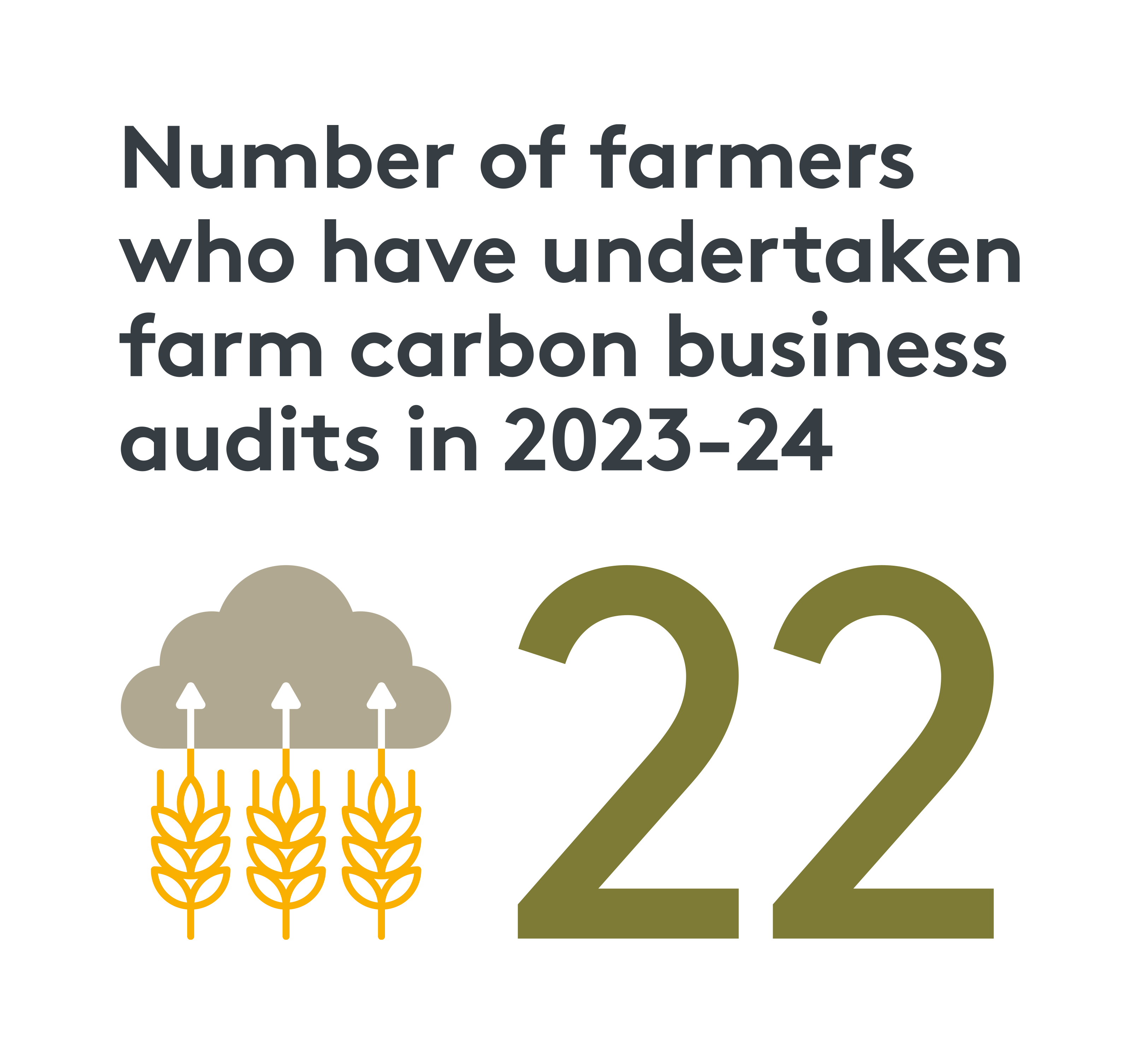
Globally and nationally the response to addressing climate change has not been adequate. Global warming reached 1°C in 2017, and the Intergovernmental Panel on Climate Change assesses that it is likely to reach 1.5°C between 2030 and 2052 if it continues to increase at the current rate. Indeed, there is now growing concern that even this threshold will be crossed.
Climate change is therefore a universal pressure on, and threat to, the Lake District, its environment, economy and communities. The UK Government passed laws in 2019 to end its contribution to global warming by 2050. This means the UK will be required to bring all greenhouse gas emissions to net zero by 2050.
Urgent actions to reduce carbon emissions are required and the Lake District must play its part. The impacts of climate change are evident now and will impact all aspects of the National Park. Increasing our focus on adapting to a changing climate and increasing the resilience of the Lake District, particularly around water resources management, is a pressing need.
What we want to achieve is set out in the Partnership Plan here:
For the first time we are able to report on energy consumption and renewable energy generation in the Lake District National Park. The overall energy demand for the Park included energy consumption from all demand types (domestic supply, all heat pump types, all air conditioning types, electric vehicles, large industry, and connectors).
The graphic below shows the ratio between the energy generated by solar panels + wind-turbines in 2023 in comparison with energy use. Next year we will be able to monitor whether energy from renewables is increasing, which is the Partnership’s aspiration to support our path towards net zero by 2037.
Image caption: this shows that the total energy used in the National Park in 2023 was 983,840 Mega-watt hours (MWh) with 24% (234,453 MWh) coming from renewable sources. Renewable energy came from wind turbines (205,610 MWh) and solar panels (29,843 MWh)
We have lobbied Government at every opportunity about the consequences of the VAT disparity between repair/retrofit of old buildings and new build. In our response to all Government consultations (changes to the National Planning Policy Framework, Permitted Development rights and Historic England consultations) we have raised VAT as an issue which disincentivises repair and incentivises demolition and new build.
It is important that Government acknowledges that the current VAT rules are encouraging developers to look at new build options over retrofit.
Despite grants being available for some retrofit measures, if the VAT situation is not levelled up and new build continues to be financially incentivised, we will continue to see large numbers of high carbon developments.
These in turn have implications for our housing stock (increasingly bigger and more expensive homes) and cumulatively may cause harm to the Special Qualities of the Lake District National Park.
This action has now (2024) been closed and a revised action written for Climate Action (Built Environment) which will be taken forward in 2024-2025.
Carbon audits for farms are becoming increasingly common for farmers who want to understand both their carbon footprint and what they can do going forward to reduce it. They can also save farmers money!
Information from Partners in 2023-24 demonstrates that: the Farming in Protected Landscapes programme funded audits for 10 farmers from the Kentmere Farmer Group, undertaken by Helen Dent of Kite Consulting; 10 farmers used the Carbon Toolkit from the Our Upland Commons project, and the Farmer Network told us of a further 2 farms in the Lake District that had undertaken a carbon audit with funding from Eden District Council.
At present this represents a very small percentage of farm business in the park, but It is expected that these numbers will only continue to rise in future years given the increasing focus on climate change and action.

Infographic caption: 22 farmers have undertaken farm carbon business audits this year
Zero Carbon Cumbria Partnership is working closely with the Lake District National Park Partnership on carbon reduction and has published its updated baseline report for the county, which can be accessed here:
Summary of greenhouse gas emissions in Cumbria and trajectories to net zero
The Lake District National Park Partnership has been working with ZCCP to create a pipeline of carbon reduction projects for the national park. In addition, each of ZCCP’s 4 Sector Groups – which cover Buildings, Transport and Mobility, Farming and Other Land Use, and Consumption and Waste - has also now published an Emission Reduction Action Plan. They set out the key actions and projects proposed for each sector. The actions are numerous but a couple of actions, for illustration, include: ‘Developing a Cumbria Retrofit Hub to bring together training and practical guidance’ and ‘Developing and implementing county-wide healthy home/flexible working and support businesses to reduce employee business travel’:
See: Sector Groups – Zero Carbon Cumbria - Carbon reduction action across the county.
Source: Zero Carbon Cumbria Partnership